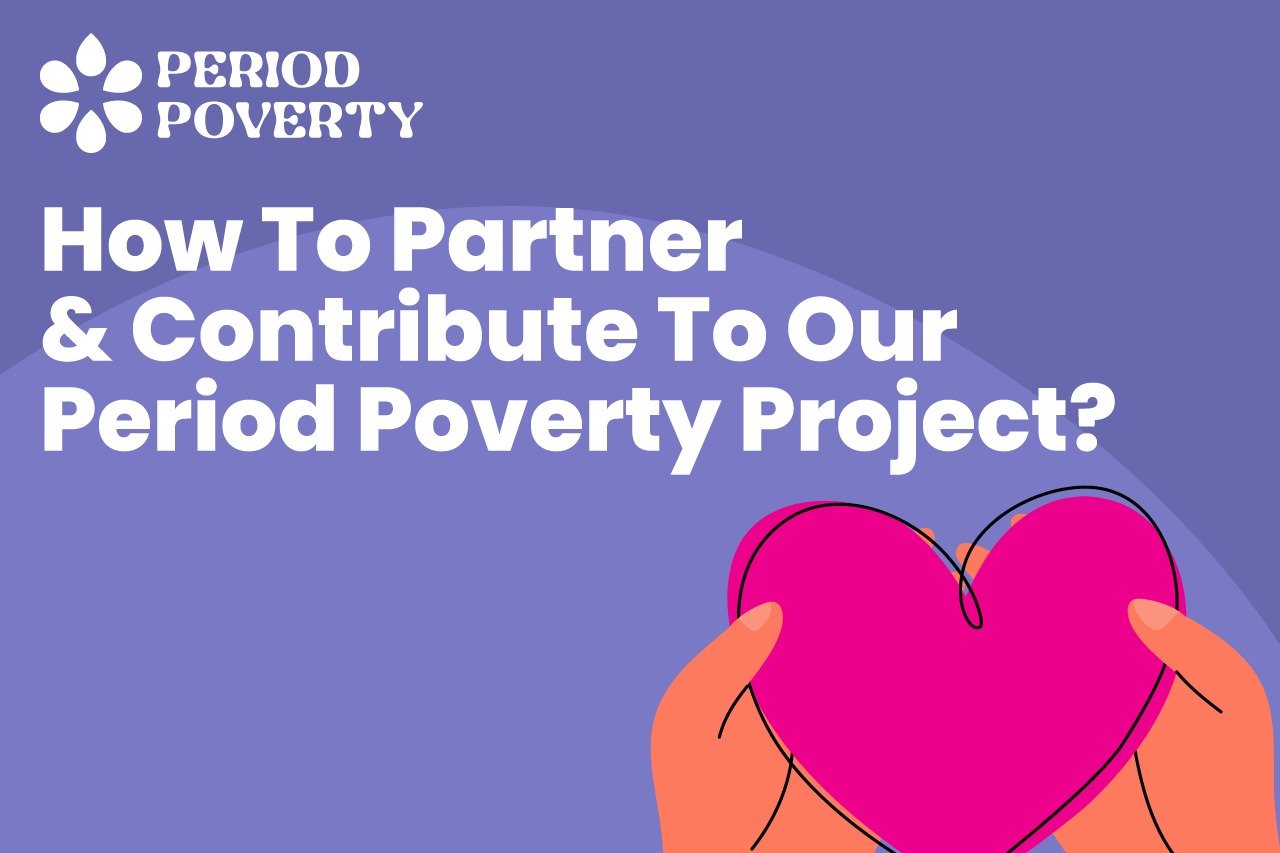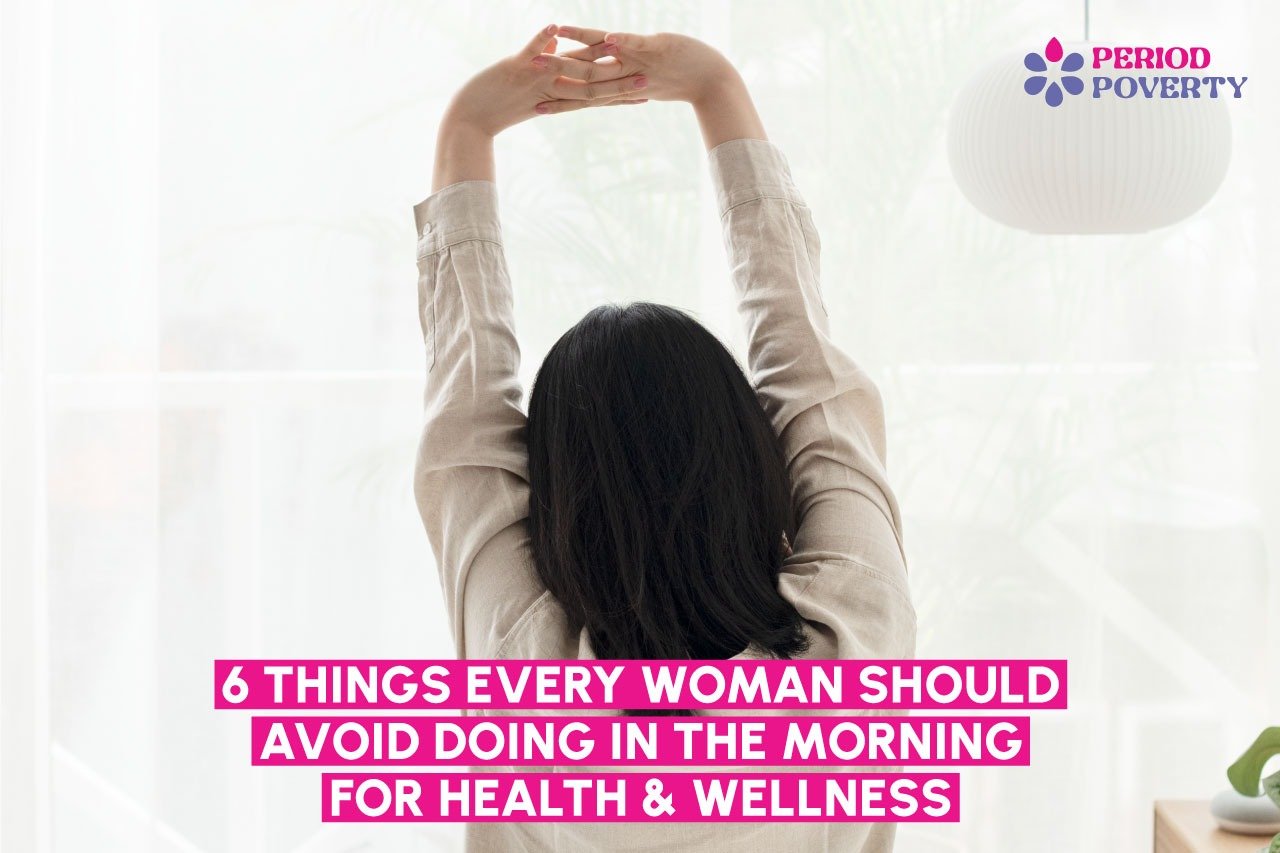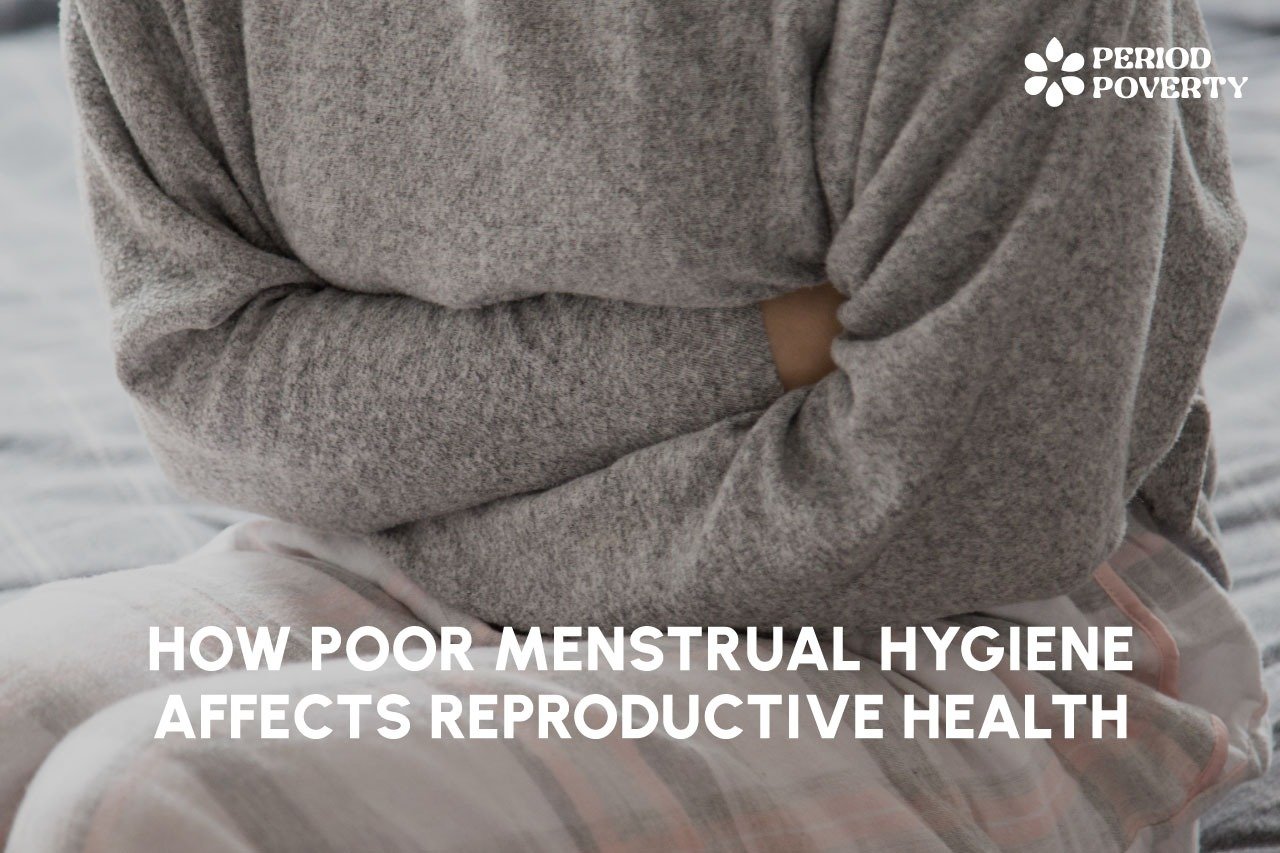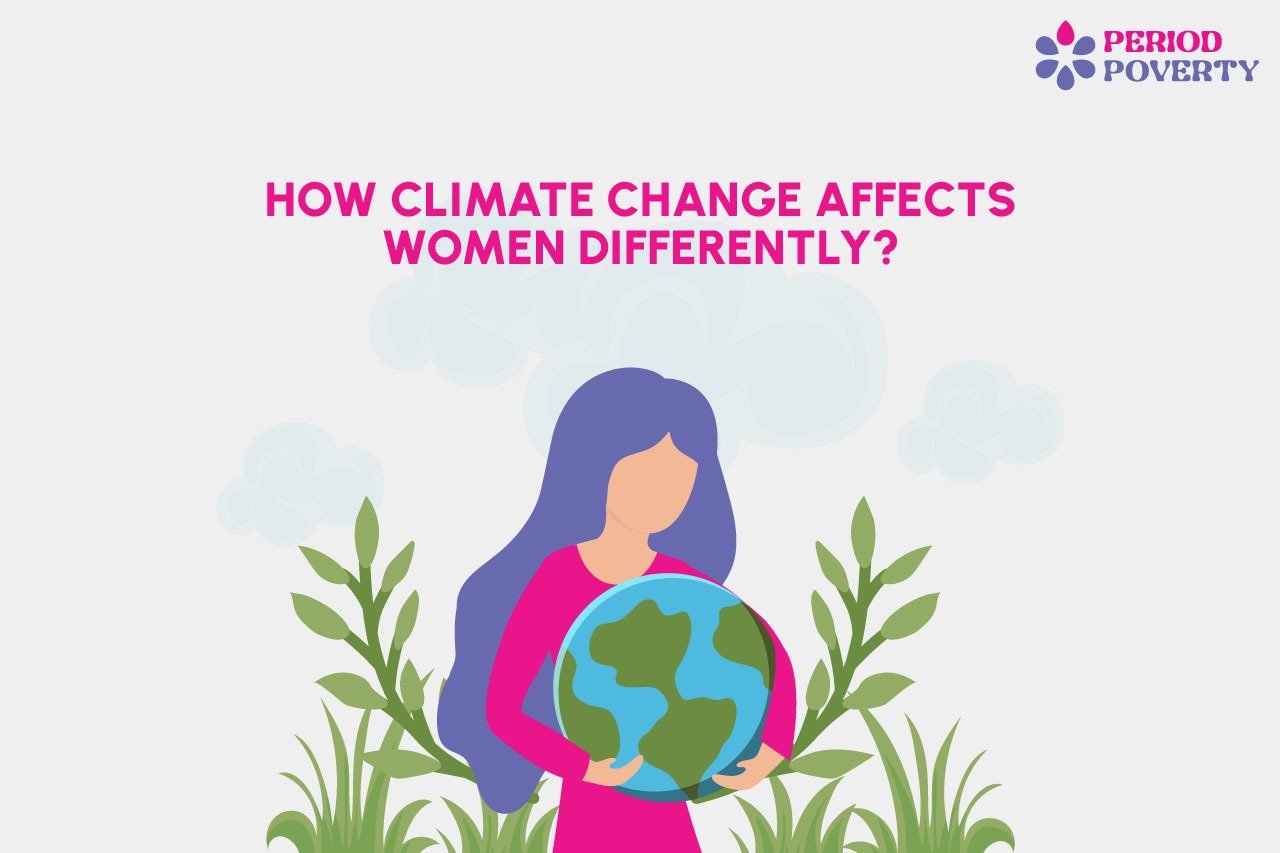The emotional changes tied to the menstrual cycle are a significant yet often overlooked aspect of women’s health. Every month, many individuals experience a range of emotions that can vary from heightened sensitivity and irritability to feelings of sadness and anxiety. These emotional fluctuations are not only a biological reality but also a deeply personal and sometimes challenging experience. However, what’s equally important is recognizing that these emotional changes don’t remain static throughout a woman’s life. They evolve with age, presenting unique challenges and opportunities for understanding and managing one’s emotional well-being.
Emotional Changes in Adolescence
Adolescence is a time of significant physical and emotional development. This period marks a crucial phase in a person’s life, characterized by the transition from childhood to adulthood. Emotional responses to the menstrual cycle can be notably intense during this stage of life. It’s a time when young girls experience a whirlwind of changes, both inside and outside their bodies, and these changes can have a profound impact on their emotional well-being.
One of the key factors contributing to heightened emotional sensitivity during adolescence is the hormonal fluctuations associated with the menstrual cycle. These hormonal changes are often irregular and more pronounced in teenagers, leading to mood swings, increased irritability, and heightened emotional sensitivity. The rollercoaster of emotions can be confusing and overwhelming for young girls who are still trying to understand themselves and the world around them.
In addition to hormonal fluctuations, puberty itself brings about significant physical changes. These transformations can sometimes trigger body image issues and low self-esteem. The pressure to conform to societal beauty standards adds an additional layer of complexity to the emotional challenges faced by adolescent girls. They may grapple with feelings of inadequacy and self-doubt, further intensifying their emotional responses.
One of the major hurdles that young girls encounter during this period is the limited understanding and a lack of open communication about these topics. In many cultures, menstruation and emotional health remain taboo subjects, leaving girls to navigate this complex terrain in isolation. This lack of knowledge can exacerbate confusion and fear surrounding their emotions, making it even more challenging to cope with the intensity of their feelings.
Academic and peer pressures further compound these challenges. The demands of schoolwork and the desire to fit in with peer groups can create immense stress. The pressure to excel academically and socially can leave young girls feeling overwhelmed and anxious, making it even more difficult for them to manage their heightened emotions effectively.
To support adolescent girls during this critical stage of life, it is essential to encourage a supportive and open environment for communication. Providing a safe space where they can ask questions and discuss their feelings without judgment is crucial. Additionally, teaching them coping strategies and emphasizing the importance of mental health and self-care can equip them with the tools they need to navigate their emotional changes with confidence and resilience. By addressing these issues openly and compassionately, we can help young girls develop healthy relationships with their emotions and grow into emotionally resilient adults. [1]
Emotional Changes in Adulthood
As women progress through adulthood, their emotional responses to the menstrual cycle may undergo significant changes in response to a multitude of factors. This phase of life marks a period of continuous growth and adaptation, and understanding the evolving nature of these emotional responses is essential.
One notable change that often occurs as women transition from adolescence to adulthood is the stabilization of hormonal fluctuations. The rollercoaster of emotional swings that may have characterized their teenage years tends to become more predictable and manageable. Many women experience fewer extreme mood swings associated with their menstrual cycle during adulthood. This hormonal stability can offer a sense of emotional relief for some.
However, it’s essential to recognize that other factors come into play as women enter adulthood. Increasing stressors, such as career responsibilities, financial pressures, and family demands, can exert a considerable influence on emotional well-being. Juggling multiple roles and responsibilities can sometimes lead to heightened stress and emotional challenges that need to be addressed.
Lifestyle changes also play a role in shaping emotional responses. As women move through different life stages, they may experience shifts in daily routines, exercise habits, and dietary choices. These changes can impact emotional well-being, as diet, exercise, and sleep patterns are closely linked to mood regulation. Paying attention to these aspects of life can contribute to emotional stability and overall well-being.
Furthermore, overall health status is a crucial factor in emotional responses to the menstrual cycle. Chronic health conditions, hormonal imbalances, and medication use can all influence emotional well-being. It’s important for women to be proactive in managing their health and seeking medical guidance when necessary to address any underlying health issues that may impact their emotional stability.
As women progress through adulthood, their emotional responses to the menstrual cycle may indeed evolve. Hormonal fluctuations may become more stable, resulting in milder emotional swings for many. However, it’s crucial to recognize that various external factors, such as increasing stressors, lifestyle changes, and overall health, can exert a considerable influence on emotional well-being. The cumulative effects of life experiences, responsibilities, and health status can either mitigate or amplify emotional responses. Therefore, holistic self-care, including attention to lifestyle choices and mental health support, is essential as women navigate the evolving emotional landscape of adulthood.
Perimenopause and Menopause
Perimenopause and menopause represent significant transitions in a woman’s life, and they bring about continued evolution in emotional changes. These phases, which mark the end of the reproductive years, can be emotionally challenging due to the complex interplay of hormonal fluctuations and the profound impact on a woman’s overall well-being.
Perimenopause, which precedes menopause, is a stage characterized by pronounced hormonal shifts. These shifts often result in irregular menstrual cycles and heightened emotional variability. Mood swings, increased irritability, and anxiety can become more prevalent during this time. The rollercoaster of emotions experienced during perimenopause can be disorienting and unsettling for many women.
Menopause itself is defined by the absence of menstruation for at least 12 consecutive months. It often brings about a stabilization of hormones, albeit at lower levels than during a woman’s reproductive years. Some women report a sense of emotional relief during menopause, as they no longer have to contend with the monthly hormonal fluctuations that can be emotionally taxing. However, it’s important to note that menopause is a highly individual experience, and emotional responses can vary widely.
For some women, menopause can bring persistent mood disturbances and even depression. The fluctuating and declining levels of estrogen and progesterone play a central role in these emotional shifts. Estrogen, in particular, has a profound impact on neurotransmitter activity and emotional regulation. As estrogen levels decrease, it can lead to changes in serotonin and norepinephrine, which are neurotransmitters associated with mood regulation. These changes can contribute to mood swings and emotional instability.
Managing emotional well-being during perimenopause and menopause involves a multifaceted approach. First and foremost, understanding the hormonal dynamics at play is crucial. Seeking appropriate medical guidance, which may include hormone replacement therapy or other treatments, can help mitigate some of the emotional challenges associated with these phases.
In addition to medical intervention, adopting self-care strategies is essential to navigate this transformative phase with resilience and a sense of emotional equilibrium. This can include regular exercise to boost mood and reduce anxiety, maintaining a balanced diet, getting adequate sleep, and practicing stress-reduction techniques such as mindfulness and meditation. Engaging in open and supportive communication with healthcare providers and loved ones can also provide valuable emotional support during this time.
Understanding the hormonal dynamics, seeking appropriate medical guidance, and embracing self-care strategies are essential steps in managing emotional well-being during these phases. With the right support and resources, women can navigate perimenopause and menopause with resilience and a sense of emotional equilibrium, ultimately embracing this new chapter of life with grace and confidence.[2][3]
Managing Emotional Changes
Emotional changes associated with the menstrual cycle can be challenging, but there are practical tips and strategies that can help individuals of all ages navigate these fluctuations effectively.
- Keep a Menstrual Cycle Journal: Tracking your menstrual cycle and associated emotional changes can help you anticipate and prepare for mood swings. Numerous apps are available for this purpose, making it easier to identify patterns and plan accordingly.
- Prioritize Self-Care: Engage in self-care activities such as regular exercise, meditation, and deep breathing exercises to reduce stress and improve emotional well-being. These practices can be particularly beneficial during menstruation and the premenstrual phase.
- Maintain a Balanced Diet: A well-balanced diet rich in nutrients can help stabilize mood. Limiting caffeine and sugar intake can also reduce mood swings. Consider consulting a nutritionist for personalized dietary recommendations.
- Stay Hydrated: Dehydration can exacerbate emotional symptoms. Make sure to drink enough water throughout your cycle to stay properly hydrated.
- Get Adequate Sleep: Sleep is crucial for emotional stability. Aim for a consistent sleep schedule and create a comfortable sleep environment to ensure restorative rest.
- Practice Stress Management: Learn stress-reduction techniques like mindfulness, yoga, or progressive muscle relaxation. Managing stress can mitigate the impact of hormonal fluctuations on mood.
- Seek Social Support: Share your experiences with friends, family, or a support group. Talking about your emotions can provide comfort and reduce feelings of isolation.
- Professional Help: If emotional changes become overwhelming or interfere with daily life, don’t hesitate to seek professional help. Therapists and counselors can provide valuable guidance and coping strategies.
- Medication Options: In severe cases, healthcare providers may recommend medication to manage emotional symptoms associated with the menstrual cycle. These options should be discussed with a medical professional.
- Hormone Regulation: For some women, hormonal birth control methods can help regulate mood swings and emotional changes associated with the menstrual cycle. Consult a healthcare provider to explore these options.
- Education and Open Communication: Knowledge is empowering. Educate yourself and those around you about the menstrual cycle and its emotional aspects. Open communication can reduce stigma and foster empathy.
- Set Realistic Expectations: Recognize that emotional changes during the menstrual cycle are normal. Try not to be too hard on yourself, and allow for some flexibility in your activities and responsibilities.[4]
In conclusion, managing emotional changes associated with the menstrual cycle requires a combination of self-care, stress management, social support, and, when necessary, professional help. By implementing these strategies and seeking support as needed, individuals can better navigate the emotional ups and downs that come with different stages of life and the menstrual cycle.
- Rice, A. (2023, May 31). Girls and Puberty. familydoctor.org. https://familydoctor.org/girls-and-puberty
- The Emotional Roller Coaster of Menopause. (2002, October 6). WebMD. https://www.webmd.com/menopause/emotional-roller-coaster
- U. (2022, February 25). Dealing with the Physical and Emotional Symptoms of Perimenopause. https://www.uhhospitals.org/blog/articles/2022/02/dealing-with-the-physical-and-emotional-symptoms-of-perimenopause
- Sheehan, J. (2010, February 17). PMS Emotions: Mood Swings In Women During Period. EverydayHealth.com. https://www.everydayhealth.com/pms/mood-swings.aspx






